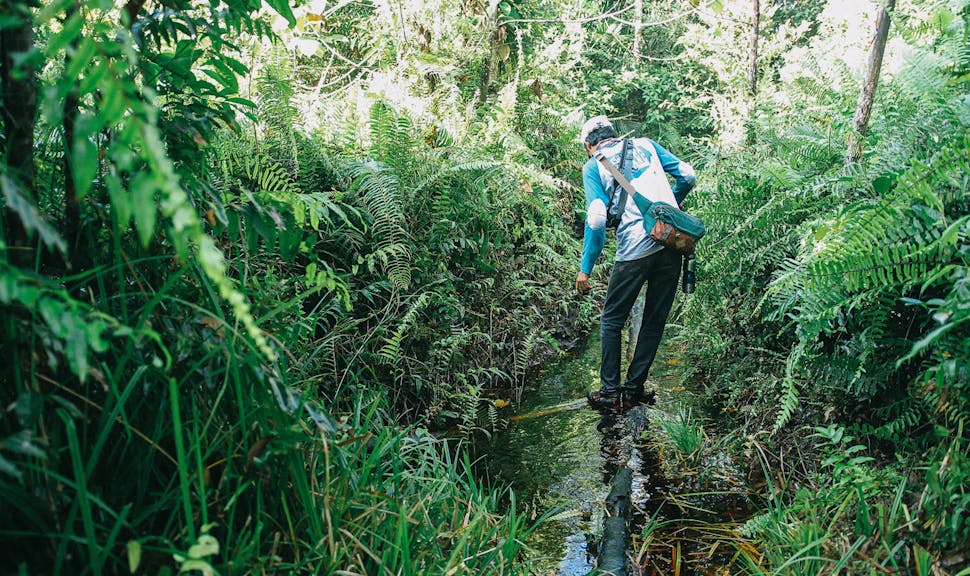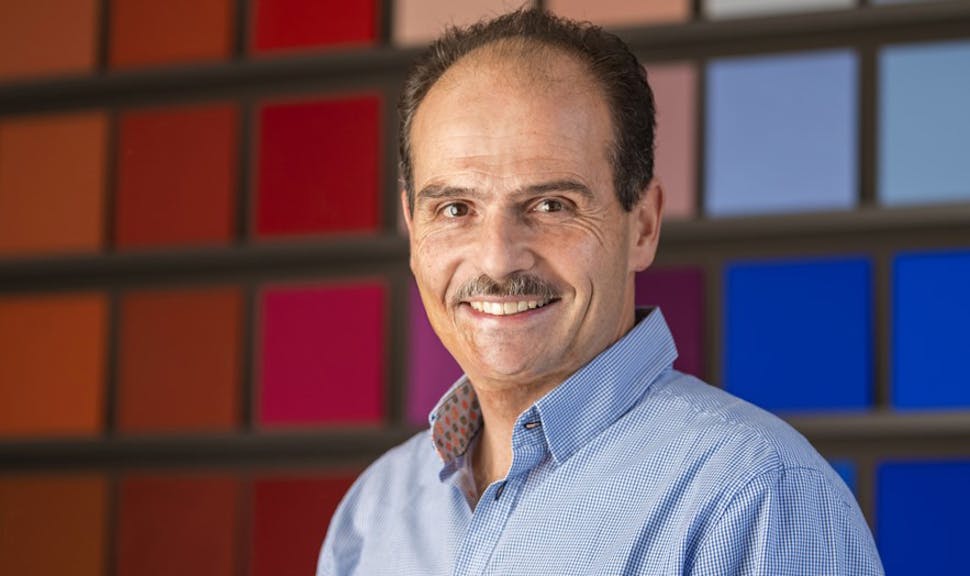January 13, 2016
Helping our clients in a crisis situation
The year 2015 was marked by numerous tragedies, and the insurance industry - particularly via its assistance business - has had to face various crisis situations (earthquakes in Nepal, Paris attacks, hostage-taking in Mali, etc.). In such situations, the keywords are reactivity and anticipation. Doctor Alain Gergereau, Deputy Director of International Medicine for AXA Assistance and a SAMU emergency physician, explains how the Group has successfully adapted its services to give its clients greater protection.
3 minutes
What does assistance look like in these crisis situations?
A crisis situation is synonymous with hyper-reactivity and local support. The primary mission of AXA Assistance is to identify and locate clients affected by the event in order to offer assistance (medical, psychological, formalities, etc.) and take them back to their country of origin, regardless of the origin of the crisis.
We also provide support for foreign affairs ministries and, in this capacity, we have developed partnerships with some of them in order to handle the unusually high level of demand in these situations. This has been the case for several years with the foreign affairs ministries of both France and Belgium.

What are your resources?
Currently, AXA Assistance has an international medical team made up of 200 physicians and around a hundred nurses who can be mobilized at all times. We also have 33 offices spread around the world, including 26 medical offices whose capacity to intervene extends to more than 200 nations. Having this vast network allows us to get involved very quickly, no matter where the event occurs, outside of war zones.
What actions are taken as soon as the crisis is identified?
Specifically, as soon as we are notified of a crisis - whether by one of our partners or offices or local authorities - we trigger a multi-layered system where communications play a fundamental role. In the case of the earthquake that struck Nepal last April, in the very first hours that followed the disaster, our closest office, located in India, set up a crisis unit. A team composed of a local medical director, two nurses, and four assistance professionals was sent to Nepal to assess the situation.
This crisis unit, dedicated to call management (such as B2B and B2C clients), was also responsible for giving feedback to Xavier Blanchard, CEO of AXA Assistance as well as to Serge Morelli, Chairman and CEO of AXA Assistance, and me. The medical and medical support team that went to Katmandu was primarily tasked with identifying clients of AXA Assistance, regardless of their nationality, giving them the medical and/or psychological treatment they needed, taking them to hospitals, and organizing their medical evacuation, while also keeping the New Delhi office in the loop.
In certain cases, the crisis unit can also organize the dispatch of food and other supplies, which it did this past November in the aftermath of the flooding in Chennai, which is located in Western India. At this stage, the coordination of our international network is mission critical for keeping our clients informed as well as for pooling our emergency resources.
How do crises caused by terrorist acts differ from those caused by epidemics?
With terrorist acts, there are many similarities but the risks are different and the conditions of intervention are often more complicated. We work in partnership with private security firms, such as Amarante and IJet, to assess local and regional risks, exfiltrate our clients, protect our teams sent to work locally, and help us decide whether to intervene or not. In the case of the hostage-taking in Mali last November, conditions were difficult on many levels: there was little information to be had locally, there was a lack of medical care available locally, and there was a need to manage risks for the team we were sending in. The potential for aggravation was considerable. The advantage, in this specific case, lay in having been alerted to the situation very early on thanks to a contract specially designed for crisis situations signed beforehand with our client involved in the hostage-taking. This helped us to open up a crisis unit in order to communicate with our partner's crisis unit just minutes after being informed of the event.
In the case of an epidemic, communications play a very important role: for Ebola, we notified and prepared our clients two months before an official declaration was made by the World Health Organization. AXA Assistance then set up a dedicated team to track the evolution of the epidemic and issue weekly information bulletins, as well as guidelines on hygienic measures to adopt. A special intervention protocol was then developed and the medical teams were put together. For the medical evacuation, AXA Assistance France acquired a negative pressure chamber (used to isolate and safely transport highly contagious patients without risk).
For 2016, what are your wishes for emergency assistance?
It is necessary to establish stronger ties with ministries of foreign affairs in order to work more efficiently by developing partnerships and sharing expertise. In light of the current geopolitical situation, and the acts of terrorism we have recently had to face, I believe it is extremely important that we develop our partnerships with private security firms so that we can offer better protection to both our clients and our medical teams, on the level of medicine (which we already master perfectly) as well as safety.



